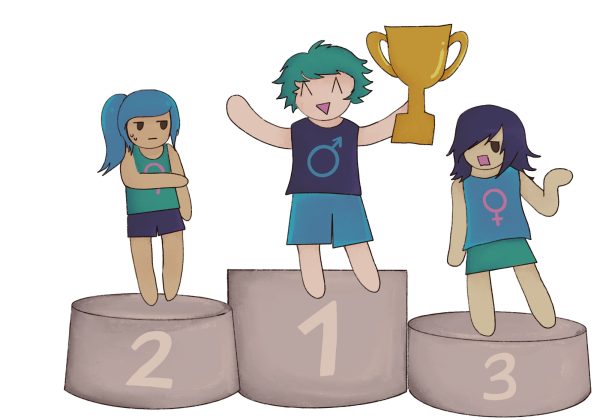Willow Project approved in March
April 21, 2023
Despite nationwide opposition, the Biden Administration approved ConocoPhillips’ Willow Project, an oil drilling venture located in Alpine, Alaska, on March 13, Lisa Friedman reported for The New York Times. Earthjustice, an environmental law group, filed a complaint seeking an injunction to delay the project’s construction, CNN reported. However, the lawsuit was ruled in favor of ConocoPhillips on April 3, allowing the project to move forward with preparations, according to CNN.
First approved by the Trump Administration in 2020, the $8 billion Willow Project could potentially produce 600 million barrels of crude oil in the span of 30 years, Friedman reported. The project is highly controversial, as it would drill enough oil to release 9.2 million metric tons of carbon pollution into the atmosphere; this is equal to adding two million cars on the road, Friedman added. Alaska’s bipartisan congressional delegation and a coalition of Alaska Native groups argued that the Willow Project will create new jobs and revenue, boost domestic energy production, and reduce America’s reliance on foreign oil, CNN reported.
On the other hand, a #StopWillow campaign has gained popularity through TikTok, getting over three million signatures on change.org. Lisa Pavic, Advanced Placement Environmental Science Teacher, advocates for people to lower their demand for oil, instead of focusing on subsidizing renewable energy.
“Environmentally, [the Willow Project] will disrupt ecosystems and biodiversity,” Pavic said. “[However,] there are a lot of things we do that hurt the ecosystem and the environment, [so] things need to change, [oil drilling being] one of them.”
However, Pavic recognizes why the Biden Administration made the decision to approve the Willow Project, but notes it’s economic benefits.
“[People] support [the Willow Project because it] brings in jobs and money,” Pavic said. “I do not think I can judge others for wanting to have the best life possible [along with] economic opportunities.”
Although senior Hannah Sawyer is frustrated with the environmental drawbacks of the Willow Project, she continues to urge people to stand up for those that will be impacted negatively.
“It is important to show that there is still an active, supportive environmental base for [environmental] issues [by] advocating for indigenous people, the environment, and the ecosystems that are being destroyed,” Sawyer said. “It may seem hard to take [a stance], but we [have to], no matter how daunting it may be.”












